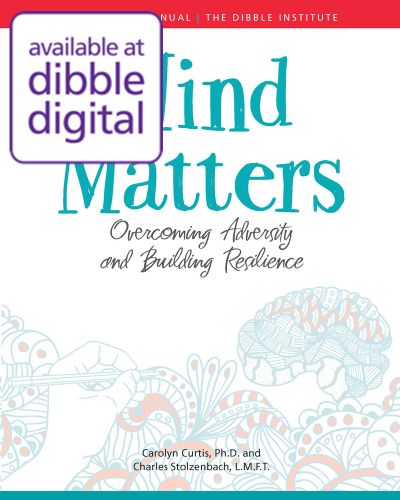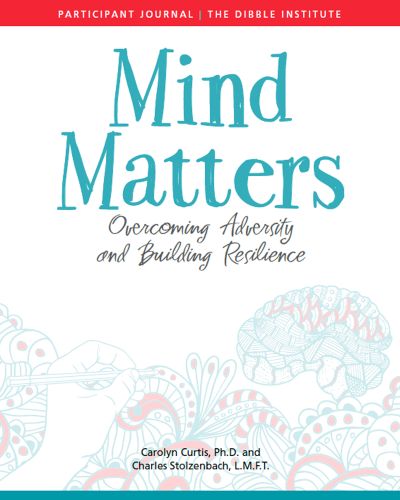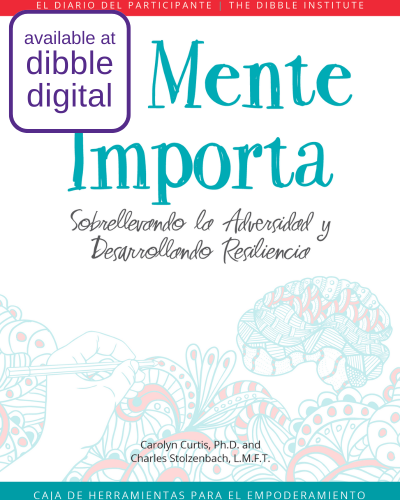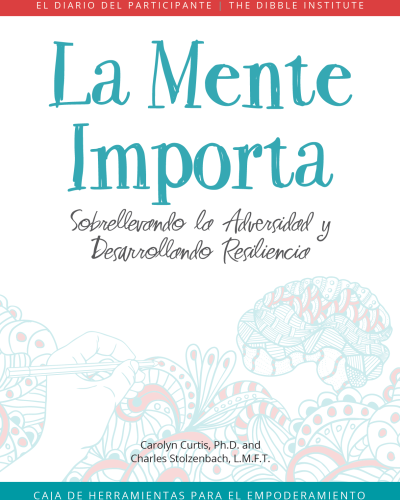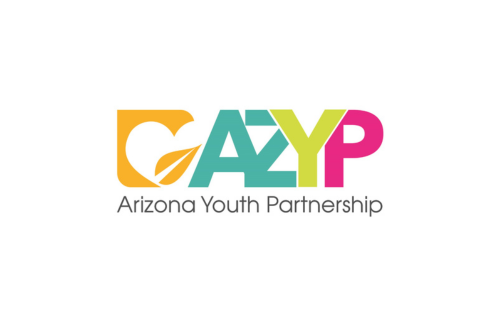Mind Matters An Intervention for Substance Use and Misuse Prevention Youth across the nation are dealing with trauma and toxic stress like never before. Many times, their response is to act out or to start using. Parents, teachers, peers, family members, and the community can be frustrated by these behaviors and respond in negative ways, which can make matters worse. How can we help our young people make healthy decisions that are not based on emotional dysregulation or a response to trauma? We can educate them to recognize and regulate their emotions! This is currently being done in Gila Count Arizona with the evidence-based program, Mind Matters. Arizona Youth Partnership is currently using Mind Matters in their Diversion Program, funded by Governor’s Office of Youth Faith and Families, in Gila County, Arizona schools. Students are referred to the Diversion Program who are at risk for substance issues based on excessive absences from…
Search Results "Mind Matters by The Dibble Institute"
Results from blogs and pages
The Innovative Uses of Mind Matters to Promote Youth & Family Well-Being This webinar will describe implementation approaches, including adaptations, of Mind Matters across diverse populations and settings, including traditional school, alternative schools for at risk students/young adults, residential treatment for youth, community-based organizations, and college campuses. The presenters will then review data collected from a series of grants/research projects evaluating Mind Matters with a focus on the impact on knowledge of trauma, trauma related coping skills, PTSD symptoms, resilience, and social skills. This discussion will also include various evaluation strategies and guidance on how to gather essential data for continuous quality improvement and documentation of impact. Lastly, the presenters will share emerging opportunities for applications of Mind Matters to new populations and issues including parents and children affected by the opioid epidemic, racial trauma, and supports for refugee/immigrant youth and families. Objectives: Participants will be able to: Describe implementation strategies and adaptations of Mind Matters across diverse populations…
Mind Matters: Implementing across New Mexico The New Mexico State University Cooperative Extension Service has widely implemented Mind Matters to support mental health, which was identified as a priority area for the state. County Extension Agents have successfully reached a variety of audiences including youth, families, adults, indigenous communities, and underrepresented groups. Some underrepresented audiences include individuals who had experienced incarceration, homelessness, and/or substance use challenges. Evaluations showed participants felt more confident in their ability to manage stress and build resilience after attending the program. This webinar will highlight the experiences of the Extension Family Life team that spearheaded and implemented Mind Matters in their communities. They will share their successes reaching diverse audiences as well as lessons learned to improve future implementation efforts. Objectives: Participants will be able to: Learn how Mind Matters was implemented with many audiences in a variety of settings. Review evaluation results from Mind Matters…
Solutions of Success: Using Mind Matters in Juvenile Justice Interested in working with youth and their families in the juvenile justice system? Join us as Arizona Youth Partnership (AZYP) shares their experience in collaborating with their Mohave County Juvenile Probation in rural Arizona where services and programming for youth are limited. Using OJJDP Title II funding, AZYP implements Mind Matters to prevent juvenile delinquency, to promote public safety, and to support positive outcomes for youth, families, and the community. AZYP focuses on youth both at-risk for delinquency and already in the correctional system. They implement Mind Matters in youth shelters, at tribal schools, in diversion classes, at a local PRIDE Center, and in weekly classes for youth on probation. They will share how they utilize Mind Matters in a variety settings. They will also cover how to effectively partner with local juvenile justice agencies on grant and community projects. Objectives:…
Goal: Delinquency prevention, Delinquency intervention, and Delinquency accountability services for youth at risk for delinquency or affected by the correctional system
Funding: Arizona Title II Forumla Grant
Setting: Runaway and homeless youth shelters, Tribal schools, Diversion classes, PRIDE center, AIM Program
Curriculum: Mind Matters
Goal: To diminish occurrences of Substance use/misuse prevention, address Ongoing stress, Truancy prevention, and Violence prevention.
Funding: Governor’s Office of Youth Faith and Families, Drug Free Communities, and Arizona Health Care Cost Containment System (AHCCCS).
Setting: School facilities, Aftercare programs, Diversion programs, and Mostly rural locations
Curriculum: Mind Matters
The University of Louisville, Center for Family and Community Wellbeing study found that Mind Matters: Overcoming Adversity and Increasing Resilience significantly reduced Post Traumatic Stress Symptoms and increased trauma coping skills. What makes Mind Matters so effective? In this webinar author Carolyn Curtis reviews the research behind Mind Matters’ effectiveness. She discusses the program’s theory of change as well as the individual lessons that bring results. Objectives: Participants will be able to: Understand what the University of Louisville study results say about the effectiveness of Mind Matters. Explain the theories used in Mind Matters. Describe the research behind the Mind Matters Pinwheel Curls. Presenter: Carolyn Curtis, Ph.D., Author of Mind Matters Who should attend: People who work with youth-in-care, community based organizations who work with youth in challenging circumstances, those who help people heal from trauma, organizations that focus on dating and interpersonal violence, adolescent group facilitators, secondary educators, state and federal…
Becky Antle, Ph.D., Professor of Social Work and esteemed University Scholar at the University of Louisville, won The Dibble Institute’s national competition to evaluate Mind Matters: Overcoming Adversity and Building Resilience in 2019. As a result, Dr. Antle and her colleagues have conducted a randomized controlled trial to examine the impact of Mind Matters on a host of outcomes related to trauma symptoms, emotional regulation, coping and resiliency, and interpersonal skills for at-risk youth in a community-based sample. Youth in the study reported high levels of childhood trauma and related trauma symptoms upon entry into the program. Following provision of this evidence-informed program by trained providers within community-based organizations, youth reported a reduction in trauma symptoms and improvement in resiliency despite a number of complicating risk factors and across multiple demographic groups. Join the researchers on this project as they discuss their most recent findings from the pilot of Mind Matters with high-needs youth in the…
In this webinar, Dr. Heidi Rueda will discuss the implementation and pilot evaluation of Mind Matters: Overcoming Adversity and Building Resilience among middle- and high-school youth attending an after-school program in one of the most impoverished areas of San Antonio, Texas. She will be joined by two former and one current graduate students. Youth participated in the curriculum just prior to the COVID-19 pandemic, which created a unique opportunity to assess their perceptions in person immediately following its implementation, and by phone three months later when they were not able attend school or the after-school program. Objectives: Webinar participants will be able to: Describe the population, program contexts, and evaluation study that was conducted. Explore youth’s perspectives of the program, including what they learned during the program and skills they continued to utilize during the COVID-19 pandemic. Explore practitioners’ perspectives of the program, including potential adaptations for Hispanic middle- and high-school…


